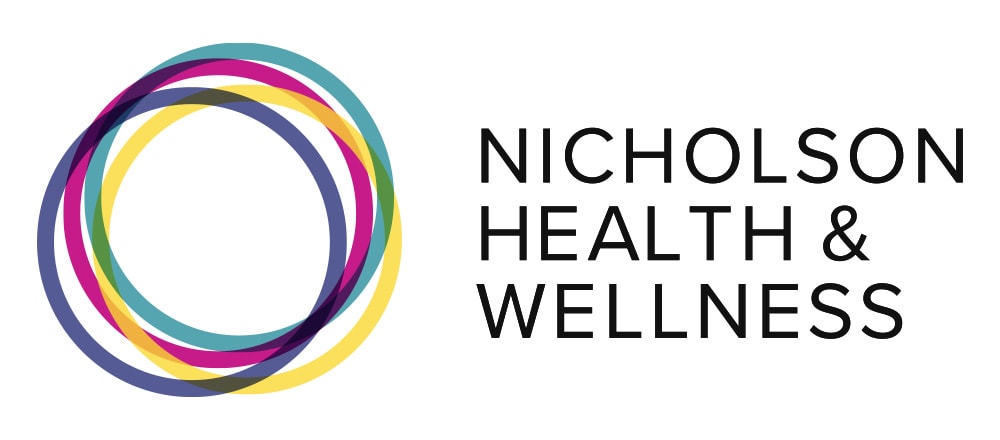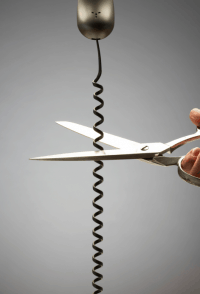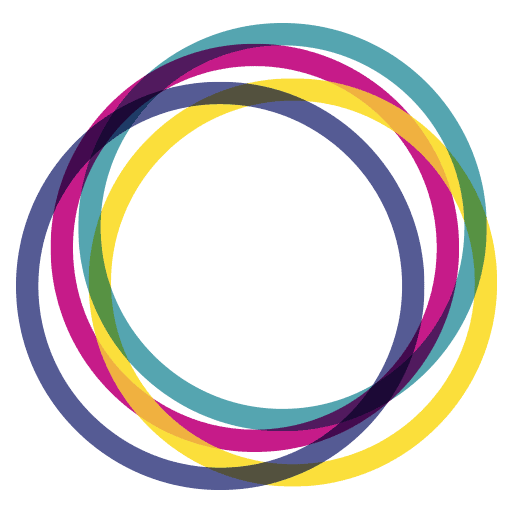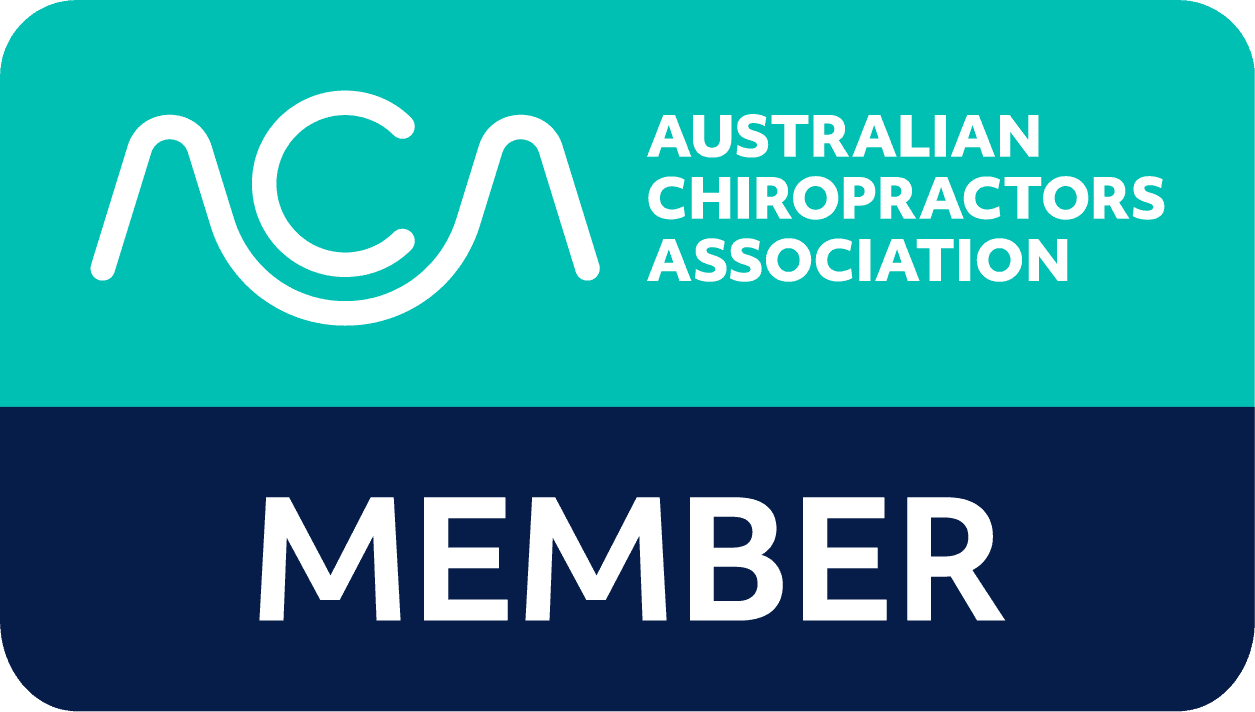By Dr Shami
Do you ever feel frustrated when your loved one comes home and instead of making eye contact with you, is glued to his/ her phone instead? Having a conversation with an old friend and she is constantly checking her phone for messages, leaving you thinking “why do I even bother”? Do you sometimes feel unheard?
Why are we slowly disconnecting ourselves from those we truly care about? Is it time to reconnect by disconnecting from our devices?
Before moving onto reasons why, here are some shocking facts:
The Cyber Effect by Dr Mary Aiken states that in South Korea, 10% of teenagers are addicted to the internet and as a result, there are over 500 rehab centres for internet addiction!
According to the Stress and Wellbeing Survey carried out in Australia in 2015, they classified
“Heavy Usage of Social Media as checking your social media site > 5 times a day”.
They found that adults were spending 2.1 hours per day and teens 2.7 hours per day connected to social media.
Dr. Aiken also found some adults can check their phones >200 times a day and that this is worse in the evenings.
Why is the internet so addictive?
The internet provides “intermittent rewards” which draws us to it, again and again. Research has shown intermittent rewards are more effective at motivating people than continuous rewards.[1]
What exactly are intermittent rewards? In simple terms, this is when you are rewarded infrequently. Really? Why doesn’t the opposite happen you may ask? The reason is because the brain enjoys seeing something new or experiencing something different. If the same event keeps occurring again and again, we become accustomed to it and you could say, it becomes the “norm” in our world and hence doesn’t attract as much attention.
Internet can affect our brain chemistry
So, why do we keep searching for something new? The feeling we receive when we experience something new or once we have accomplished a new task, stimulates the release of dopamine from your brain, a happy neurotransmitter that researchers have found to be linked to motivation. We as humans naturally move towards things that gives us pleasure and are deterred from painful stimuli. So, if surfing the net can trigger the release of a happy, pleasurable chemical, we will be naturally drawn to this activity. And then, with the addition of intermittent rewards, hey presto, addiction has found the perfect environment to set up shop in your mind!
Daniel Levitan, a renowned neuroscientist, further explains in his book An Organised Mind, that the brain cannot multi-task. Disbelief? I get it, we’re all so busy these days we wouldn’t get anything done without multi-tasking right?! But as disheartening as it may be to hear, Dr. Levitan is correct. The brain has a limit on how much “new” information it can process, and multi- tasking is literally just moving from one task to another in a very short space of time which is exhausting, unproductive and often quite stressful too!
So, the internet has all the characteristics that make it addictive. It is an abundant source of new information, it feeds our desire to “search for something new”, triggering the release of dopamine and so we keep on chasing it. However, we must realise what is going on behind it all. At the same time, our brain is being over loaded with new stimuli to process, and each time, this uses up our stores of valuable energy, altering brain chemistry and changing behavioural patterns which all result in making us feel stressed or overwhelmed.
What can I do today to avoid internet addiction?
Dr Kimberley Young, a psychologist and an internationally known expert on internet addiction, presented at a TED conference in 2015 on internet addiction. She gives 3 simple steps to monitor internet usage.
1. Check your checking
Be aware of your habits. Do you check your phone as soon as you wake up and last thing at night? Why not have a screen free day?
2. Set Time Limits
Try to designate times in the day for screens or social media use. Bear in mind, and kindly remind yourself that checking social media more than 5 times a day is considered heavy usage!
3 .Disconnect to reconnect.
This brings us back to the beginning of the story. Let’s reconnect with loved ones by having uninterrupted real conversations and turning off our phones at times when we know we can do without them – maybe try meal times for a start?
Let’s talk, with each other, face to face.
Disclaimer:
This article provides general information and discussion about the medicine, health and related subjects. The words and other content provided in this article are not intended and should not be construed as medical advice. If the reader or any other person has a medical concern, he or she should consult with an appropriately licensed physician or other health care worker. The views expressed in this article have no relation to those of any academic, hospital, practice or other institution with which the author is affiliated.






